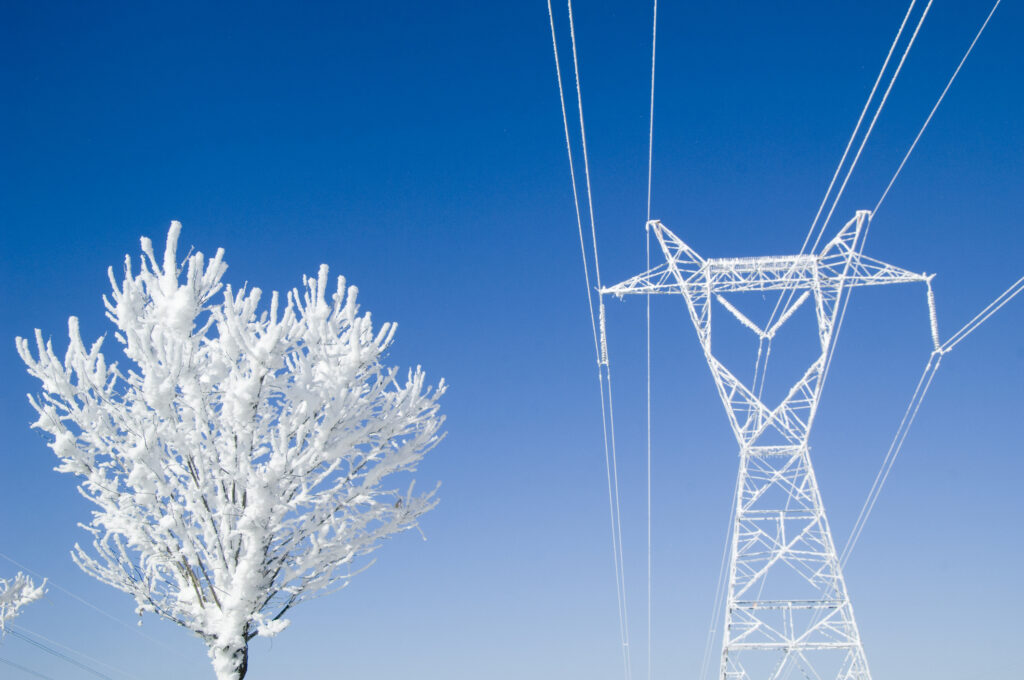Charities have called on the government to cut energy bills for the most vulnerable households, as they warn 8.5 million UK households face fuel poverty.
The End Fuel Poverty Coalition (EFPC) issued the call as predations the price cap could go over £3,000 for the winter period emerge due to the Russian invasion of Ukraine.
At the end of February, Investec Bank estimated that the price cap on energy prices could spike 50% in October on April’s level because of the conflict. Similarly, Cornwall Insight forecasted it to jump to over £2,900 due to the volatility in the European energy market.
The coalition – which represents almost 50 organisations – has therefore called on the Chancellor to announce further measures to support consumers in his Economic Statement in March.
“This is a disaster and inevitably, will lead to more needless winter deaths,” said Adam Scorer, chief executive of fuel poverty charity National Energy Action (NEA).
“Government must address the scale of the problem and use the upcoming Economic Statement in March to cut energy bills much further for the poorest. It must act now, to protect the most vulnerable, and to save lives.”
The default tariff price cap has already jumped 54% for the summer period, rising to £1,971 from April. This was predominantly on the back of gas prices, which grew over 400% in 2021 pushing 27 energy suppliers to collapse (as well as Bulb going into special administration).
Research from charity Resolution Foundation earlier this year, suggested that 6.3 million households could face fuel stress due to the summer cap increase, a figure that will increase further should that cap again jump by 50%.
Chancellor of the Exchequer Rishi Sunak announced three key measures to protect consumers from the surging costs when the cap was announced in February. These include a one-off repayable £200 loan, a £150 council tax rebate and a discretionary fund.
“The support the Government have announced is nowhere near enough,” said Age UK’s – one of the charities that form part of the EFPC – charity director Caroline Abrahams.
“How are those on the lowest incomes, who already struggle to afford the essentials, going to find an extra £350 to cover their energy bills, on top of all the other increases in the cost of living? We are really concerned about those using prepayment meters – typically a more expensive way to pay for your energy – and how many will ration and disconnect from their supply.
“With further increases expected in the autumn, and uncertainty intensified by the invasion of Ukraine, the Chancellor must do more to help and ensure that those on low and modest incomes can afford to stay warm without worrying sick about their bills.”
Prime Minister Boris Johnson has reportedly told his Cabinet that the British public will have to endure even higher energy prices, due to the cost of Russian sanctions.
Around 3-4% of UK gas consumption comes from Russian imports, meaning it is not significantly dependent on it for energy security. But, as Russia is the second largest gas producer in the world, it has a significant impact on the international market, including the cost of gas and therefore electricity.






